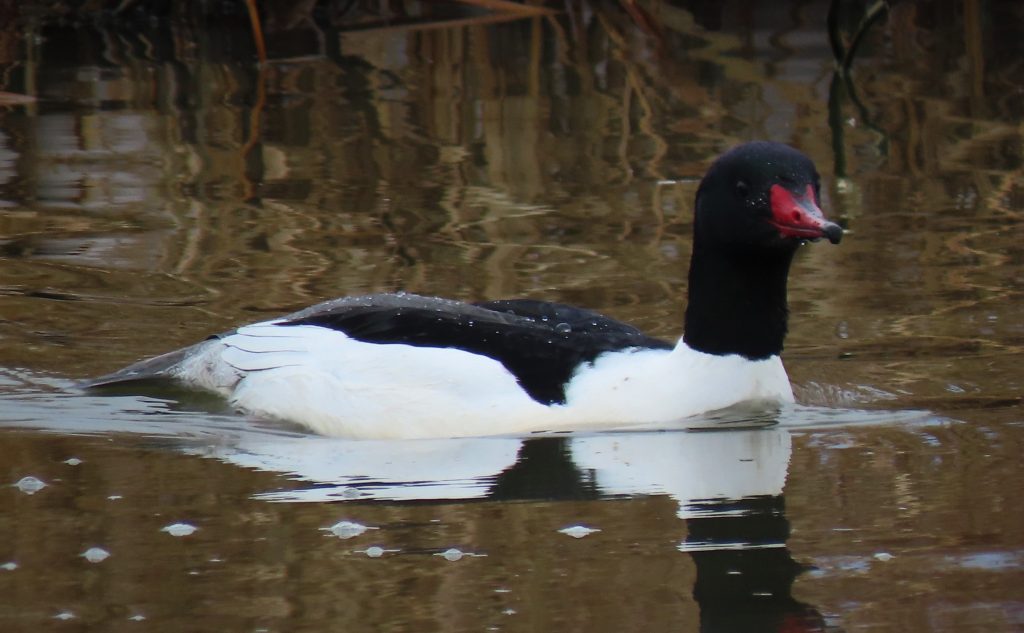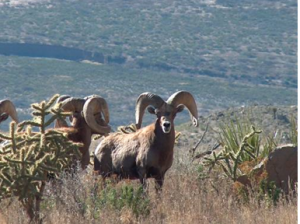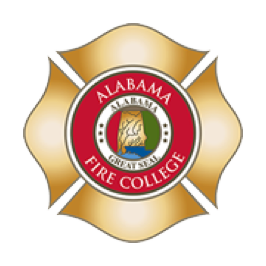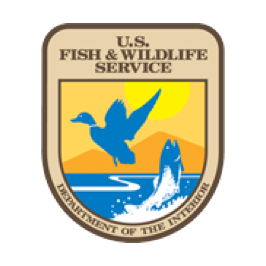Zoonotic Disease Corner
An introduction to ongoing zoonotic disease outbreaks
Dr. Tolani Francisco
June 6, 2022

Zoonotic Diseases (those that go from animals to humans) are on the rise. Salmonella, which humans can contract by handling reptiles and amphibians, is one of the most widely known examples. These diseases can threaten human health, food security, cultural and spiritual practices, and economic well-being.
Currently in the news is Highly Pathogenic Avian Influenza (HPAI). As of June 2022, HPAI has been detected in forty of the 50 states in the US, 4 Canadian provinces, and over 60 countries worldwide. HPAI was first reported in large outbreaks in 1996 in wild birds and has since moved into domestic poultry. In January 2022, the H5NI strain of HPAI was detected in South Carolina. One hallmark of this detection of H5N1 is the finding of pathogenicity in raptors, especially eagles. Humans can get avian influenza, or bird flu, from this strain of HPAI. Precautions should be taken when handling any wild birds to prevent human infection and spread to other birds. To follow it on an interactive map click on: https://www.aphis.usda.gov/aphis/ourfocus/animalhealth/animal-disease-information/avian/avian-influenza/hpai-2022/2022-hpai-commercial-backyard-flocks
The second zoonotic disease many are hearing about this year is SARS-CoV2 virus, which has now been found in white-tailed deer and other wildlife species. Many zoological parks closed during the pandemic as a significant number of big cats, bears, elephants, and mink became serologically positive and some had outward clinical signs (loss of activity, weight loss, not interested in eating). In most cases, the human handlers and care takers tested positive as well. Domestic pets also presented with clinical signs in households where a human tested positive and had symptoms. Additionally, several thousand farmed mink were culled due to SARS-CoV2 outbreaks.
 Although not currently considered a zoonotic disease, Chronic Wasting Disease (CWD), a prion disease (fatal brain disease) affecting cervid species, is of concern. Prions are irregular shaped proteins which are extremely hardy and always result in the death of the animal. Typically, by the time animals are experiencing clinical signs, they are infectious. This is the primary reason people have been advised to not handle brain or spinal tissue including cerebrospinal fluid. As of April 2022, CWD has been detected in 29 states including recent detections in North Carolina.
Although not currently considered a zoonotic disease, Chronic Wasting Disease (CWD), a prion disease (fatal brain disease) affecting cervid species, is of concern. Prions are irregular shaped proteins which are extremely hardy and always result in the death of the animal. Typically, by the time animals are experiencing clinical signs, they are infectious. This is the primary reason people have been advised to not handle brain or spinal tissue including cerebrospinal fluid. As of April 2022, CWD has been detected in 29 states including recent detections in North Carolina.
To prevent the contraction and spread of zoonotic diseases, follow any relevant safety recommendations. It is always advisable to wash hands for 20 seconds after handling any animal. The brisk washing of hands with clean water and soap can prevent up to 75% of ALL zoonotic diseases!
Dr. Tolani Francisco is the founder and president of Native Healing LLC, a 501(c)3 organization dedicated to serving tribes through animal health. NAFWS contracted Dr. Francisco to assist Tribes with zoonotic disease concerns and she is available for technical support at [email protected].






